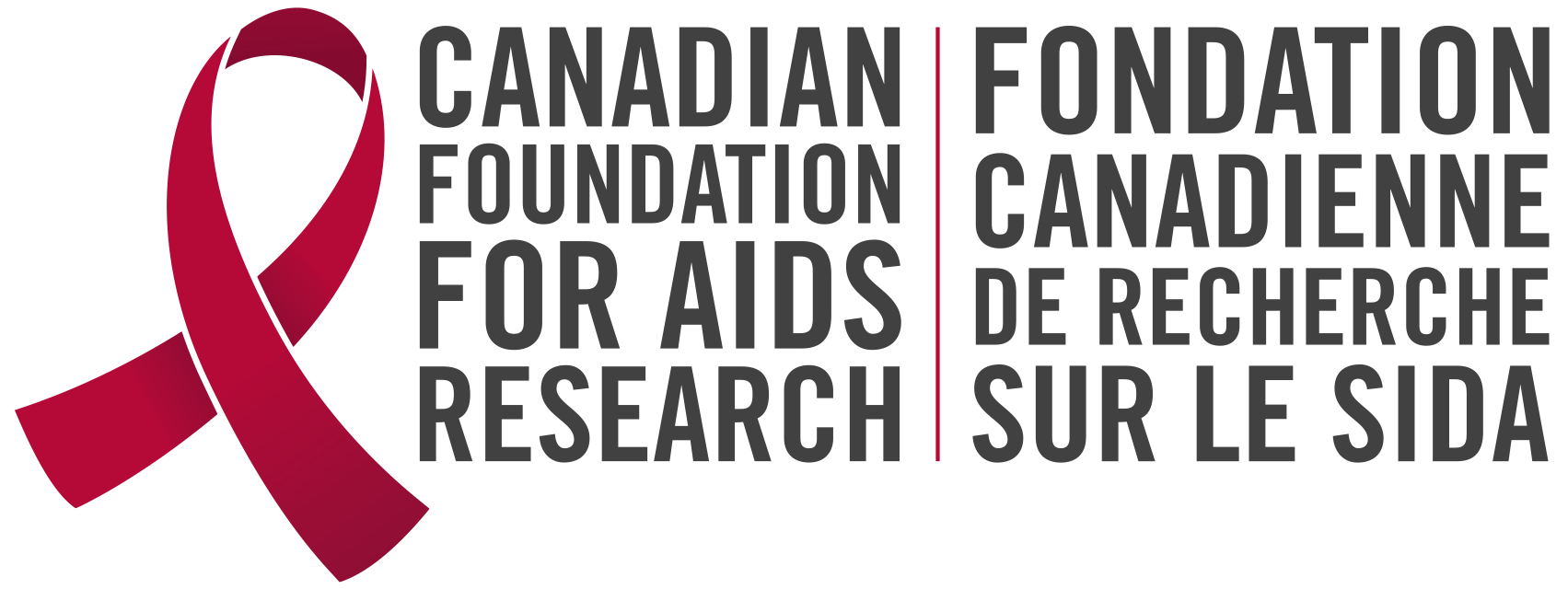John Was Not Suffering From MS; Rather, He Had AIDS
Late in 2011 our 34 year old son John was beginning to lose his balance, stumbling more and more frequently and occasionally falling.
Otherwise healthy and robust, he went through a series of tests and we were given the startling news that the doctors believed he was suffering from Multiple Sclerosis. The symptoms fit and while my wife Janet and I were upset and worried, we were assured that there were treatments that would help.

Over the next several months John, who then lived in Halifax, deteriorated further. The stumbling and falling got worse and his behavior became increasingly erratic and sometimes bizarre. In September of 2011, Janet left our home in Ontario and went to Halifax to look after John, and to steer him through another round of extensive medical tests and consultations.
This time the doctors came back with even more devastating news: John was not suffering from MS; rather, he had full-blown AIDS. He was also diagnosed with a neurological disorder called HIV-Associated Dementia (HAD), a syndrome that frequently appears in later stages of AIDS. The virus had attacked his brain and we were crushed.
By this point, our son lay in a Halifax hospital bed, emaciated and suffering from dementia. We lived on tenterhooks as he was administered the AIDS cocktail. Finally after a period of a couple of months, we could see signs of some improvement – weight gain, better communication, fewer episodes of bizarre behaviour and decreasing dementia.
John’s health did slowly improve, but it became clear that something had changed – possibly forever.
The change was that the HIV had actually damaged John’s brain, and there is no way of knowing if the brain will ever regenerate. A university graduate, John now has the mental capacity of a 12-year-old. He moved back to Ontario so there would be family support nearby. He is able to live on his own with daily checks from social workers and family members. He attends a brain injury clinic every week and he is also involved in other developmental and support groups for HIV and AIDS patients in our area. John is not able to drive a car any more, nor a boat when he visits the family cottage. In addition to good health, our greatest hope for the future is that he will have a successful relationship – a friend who will care for him as he is.
Through it all, John is as good-natured as he has always been. In spite of his gentle manner, he does have difficulty forming and maintaining relationships because of his inability to focus and to screen thoughts – he often speaks spontaneously, expressing thoughts that we all have but rarely say out loud. Like so many Canadians, our family had moved HIV and AIDS to the back burner, believing that HIV is now a chronic disease that is easily treatable with a daily pill. While the outpouring of support from everyone around us has been phenomenal, many of our friends and colleagues were as shocked as we were at our news. They, too, had stopped thinking about this disease.
Today, our family believes that it is very important to talk about HIV and AIDS and John’s condition – as the quality and length of our son’s life now depends on medical research. Some of the world’s best HIV and AIDS researchers are right here in Canada, and many of them are supported by CANFAR research grants.
Written by: Peter Partridge
